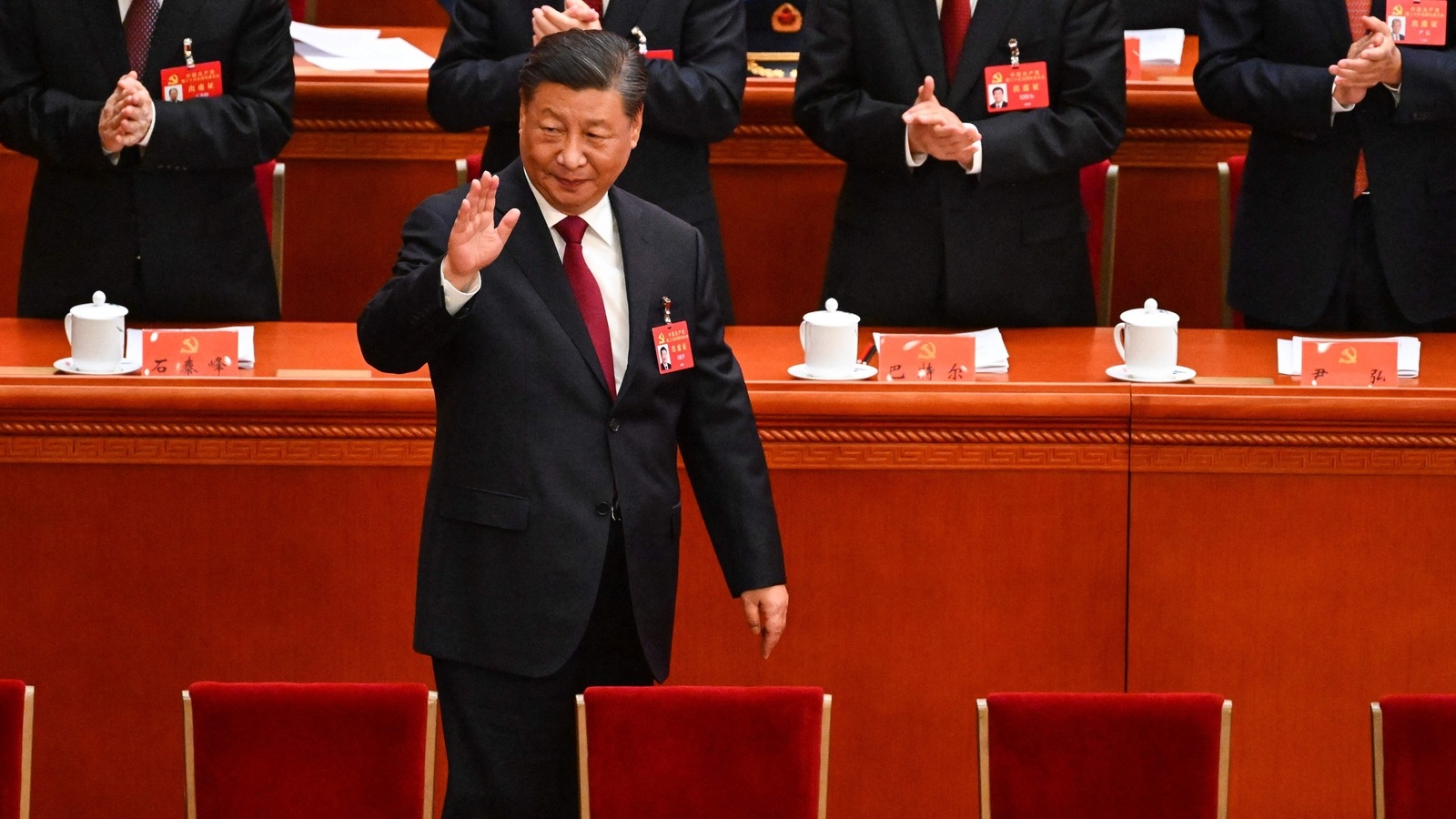
The UN Report on China’s Detention of Minorities in Xinjiang
The DiplomatIn 2018, fresh off her second stint as Chile’s president, Michelle Bachelet took on the job of High Commissioner of the United Nations Office for Human Rights. The Report The report – officially the “OHCHR Assessment of human rights concerns in the Xinjiang Uyghur Autonomous Region” – is 48 pages long, including its extensive footnotes. The premise prompting the Office of the U.N. High Commissioner for Human Rights to research and report upon the situation in Xinjiang was the “increasing allegations” it began receiving “from various civil society groups that members of the Uyghur and other predominantly Muslim ethnic minority communities were missing or had disappeared” in Xinjiang. Indeed, the U.N. report finds that the “China Cables,” the “Xinjiang Papers,” the “Karakax List,” the “Urumqi Police Database,” and, most recently, the “Xinjiang Police Files,” most of which are now in the public domain, “are highly likely to be authentic and therefore could be credibly relied upon in support of other information.” Throughout the report, the authors are careful to tie its findings and interpretations to existing and established principles already codified in international law. And I can tell you that the principle of Do No Harm applies just as much to the responsibility of political leadership as it does to the discipline of medicine.” In the end, Bachelet must have realized that sparing the face of the Chinese leadership by quashing the report would violate her own stated basic principle of political leadership, “Do No Harm.” Smothering the report and preventing a public viewing would irrevocably further harm the victims of China’s genocidal campaign against the Muslim minorities of Xinjiang, by denying them the international validation that their dehumanizing and deadly experiences had occurred.
History of this topic
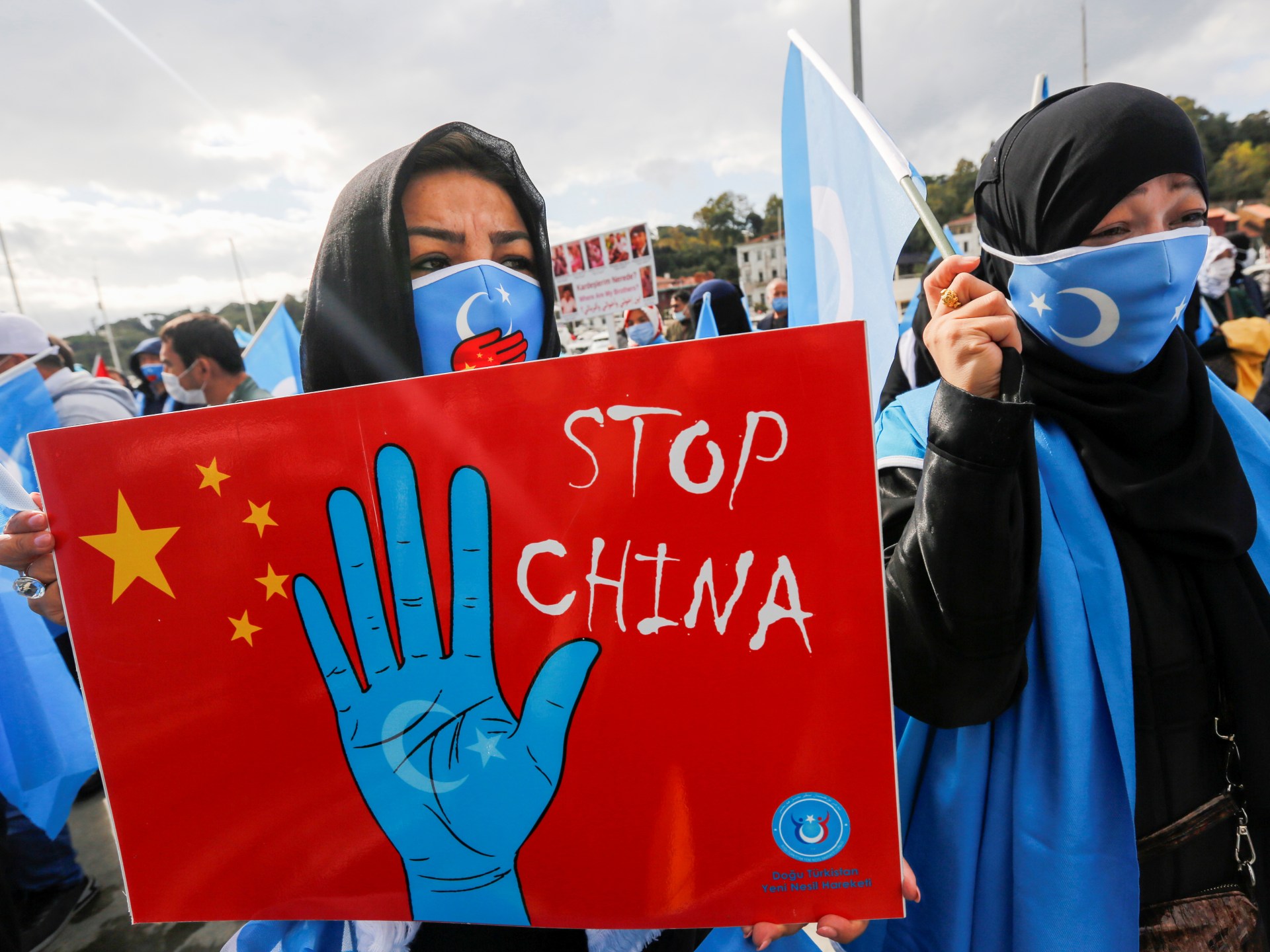
UN members condemn China over abuse of Uighurs in Xinjiang
Al JazeeraExplained: What does the U.N. report say about China’s repression of Uyghurs in Xinjiang?
The Hindu
Michelle Bachelet | The champion of rights
The Hindu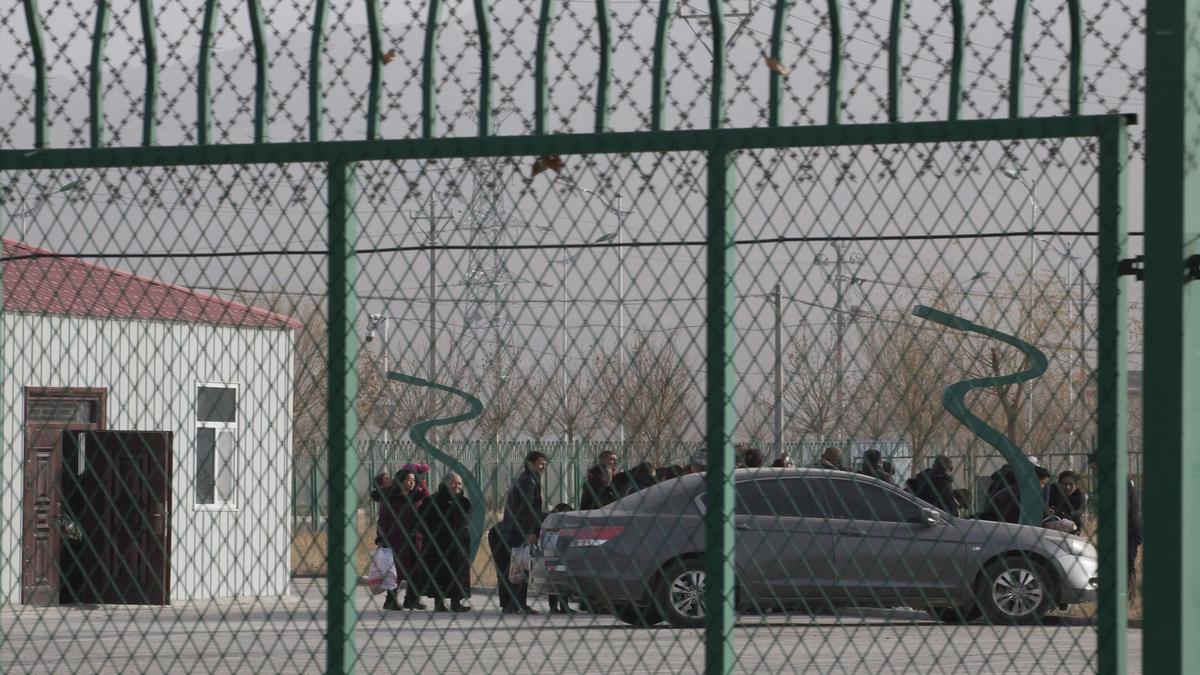
U.S. slams China on human rights violations in Xinjiang, vows to hold Beijing accountable
The Hindu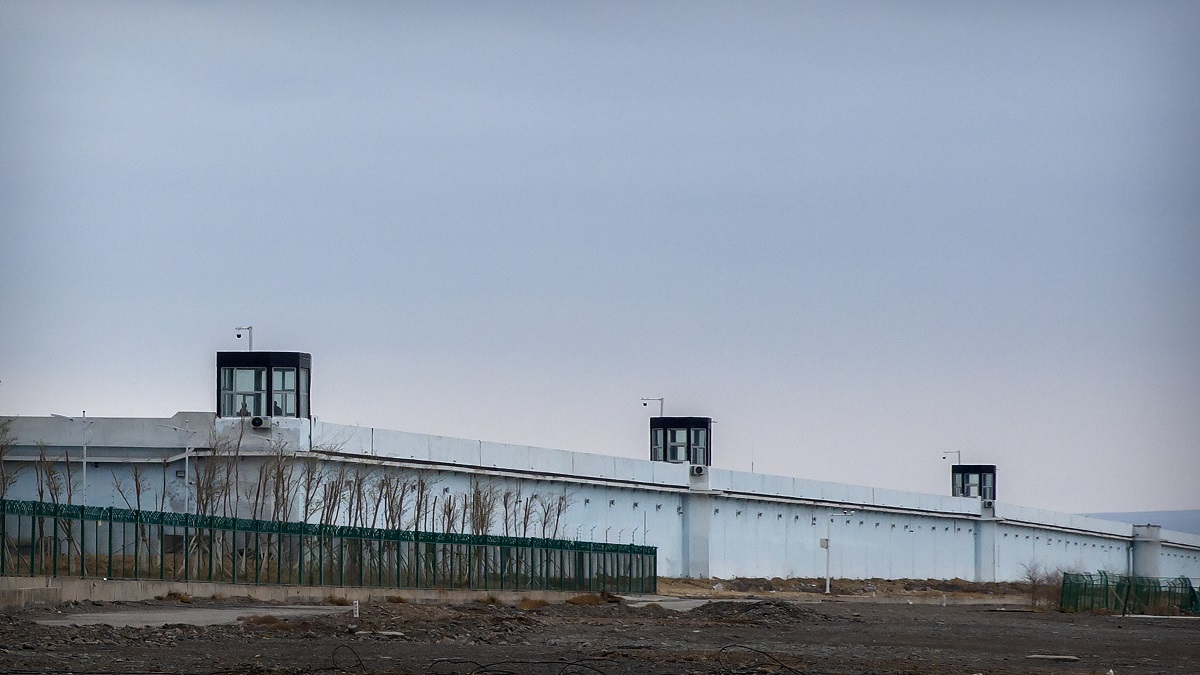
US slams China on human rights violations in Xinjiang; vows to hold Beijing accountable
India TV News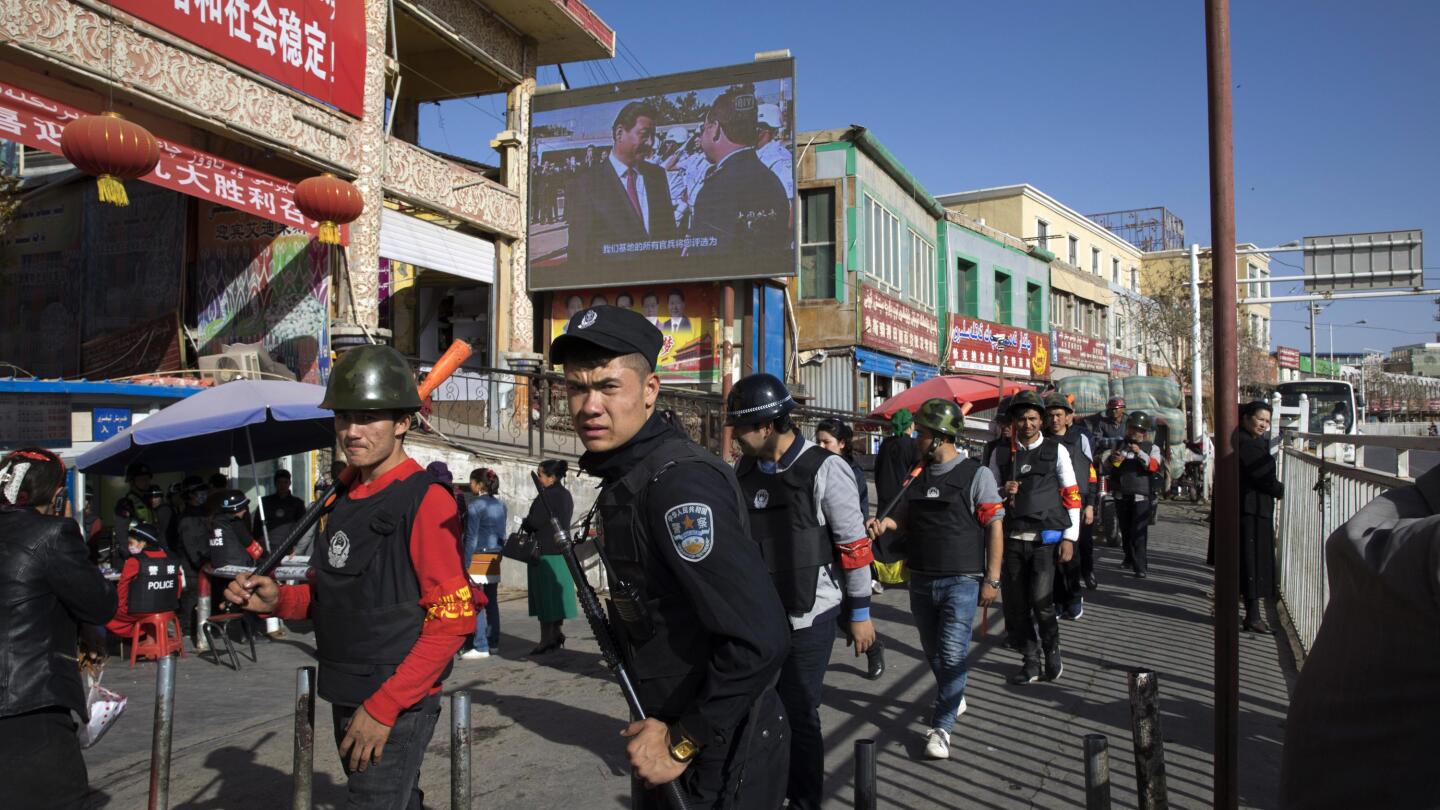
To China’s fury, UN accuses Beijing of Uyghur rights abuses
Associated Press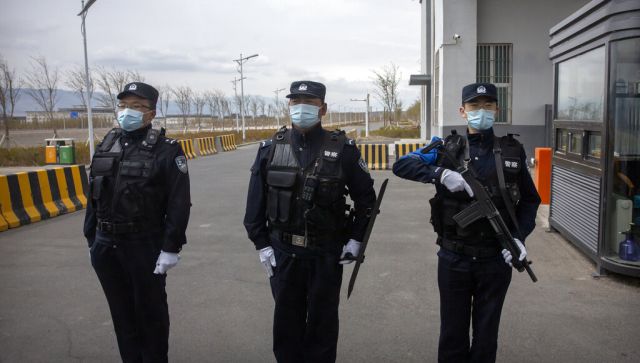)
Explained: Why China is livid over UN report on atrocities on Muslim minorities in Xinjiang
Firstpost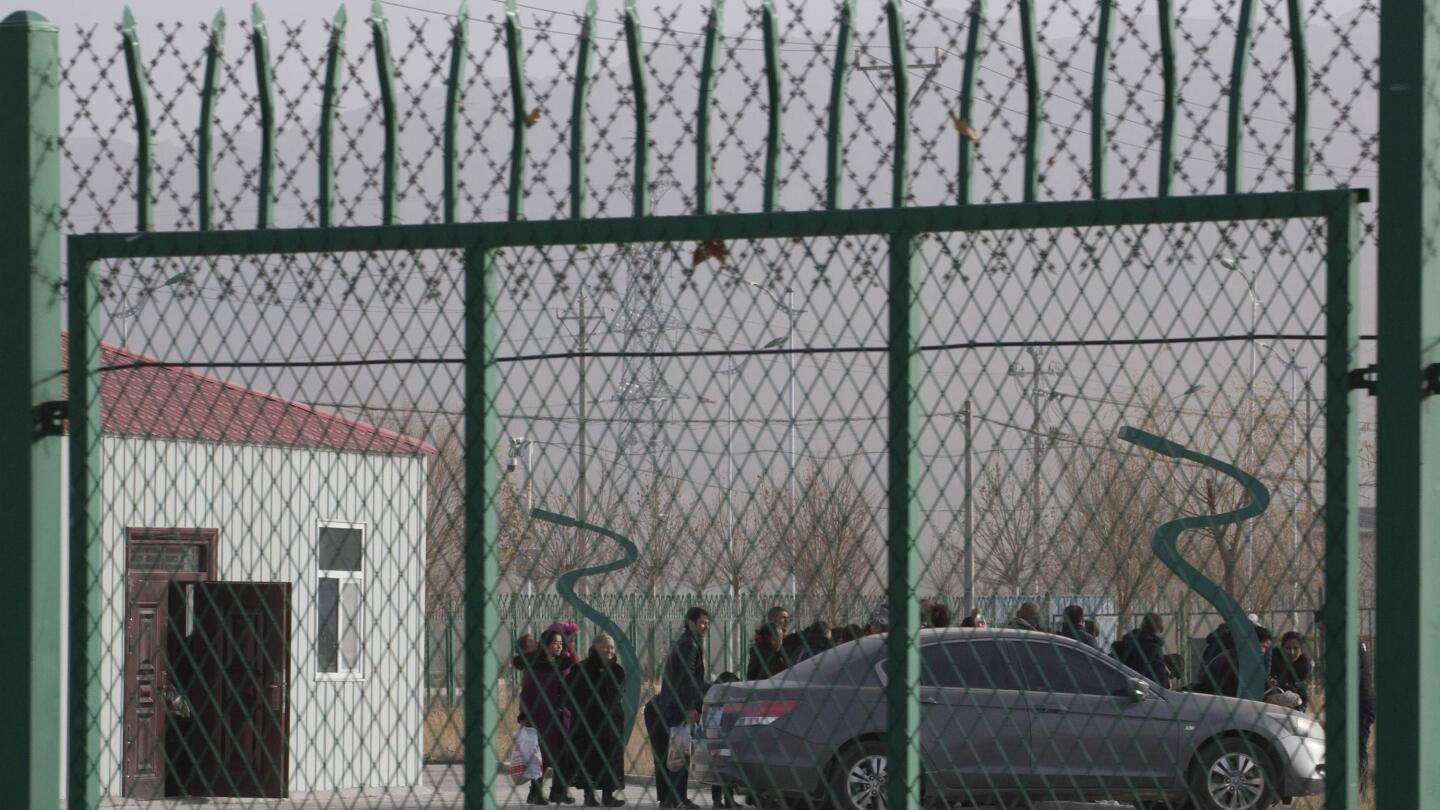
EXPLAINER: Why is China so angry over UN report on Xinjiang?
Associated Press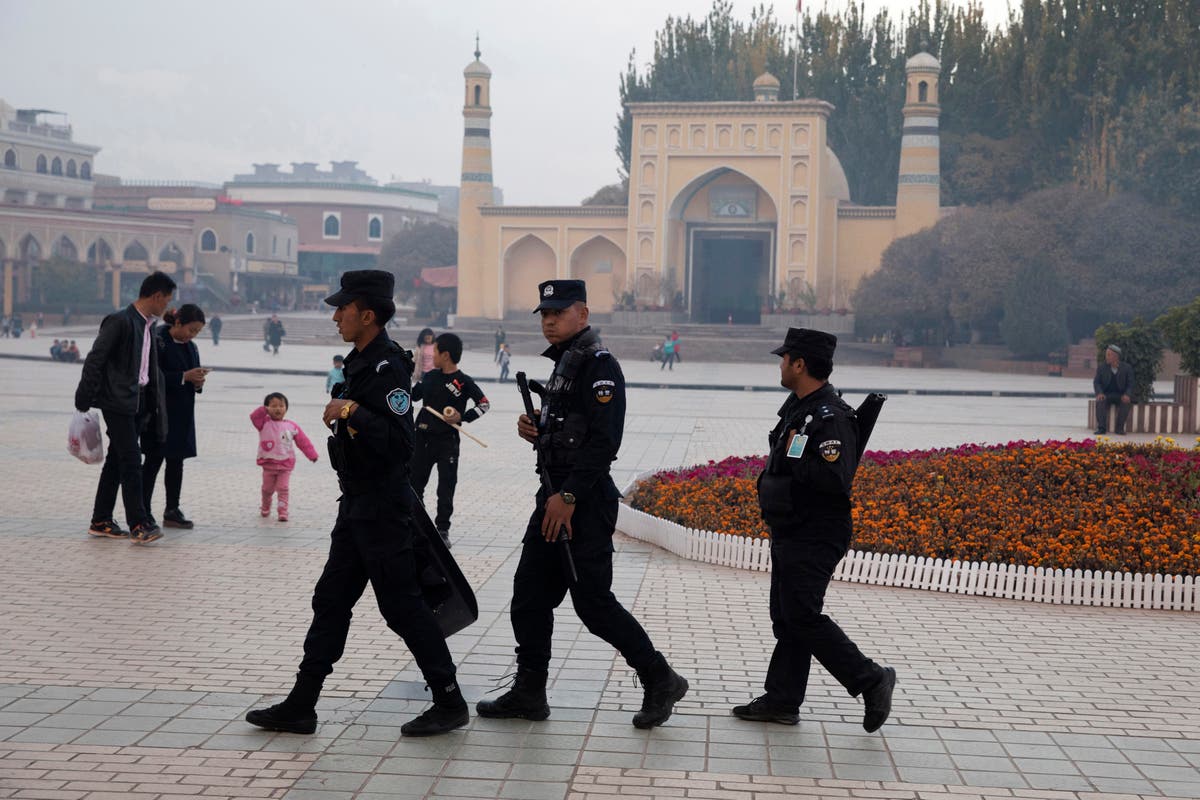
EXPLAINER: Why is China so angry over UN report on Xinjiang?
The Independent
'Crimes Against Humanity', Glaring Omission & Timid Timing: Decoding UN Report on Xinjiang Abuses
News 18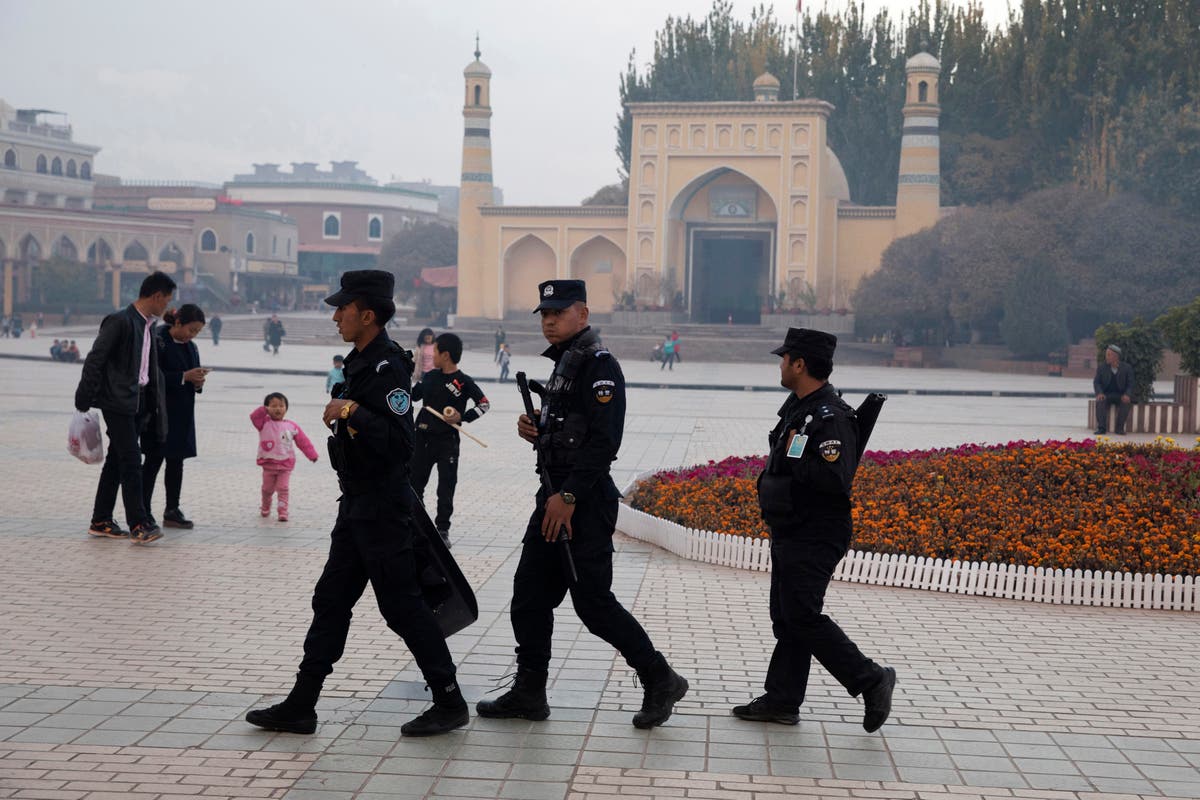
UN finds possible ‘crimes against humanity’ in report on China’s Xinjiang
The Independent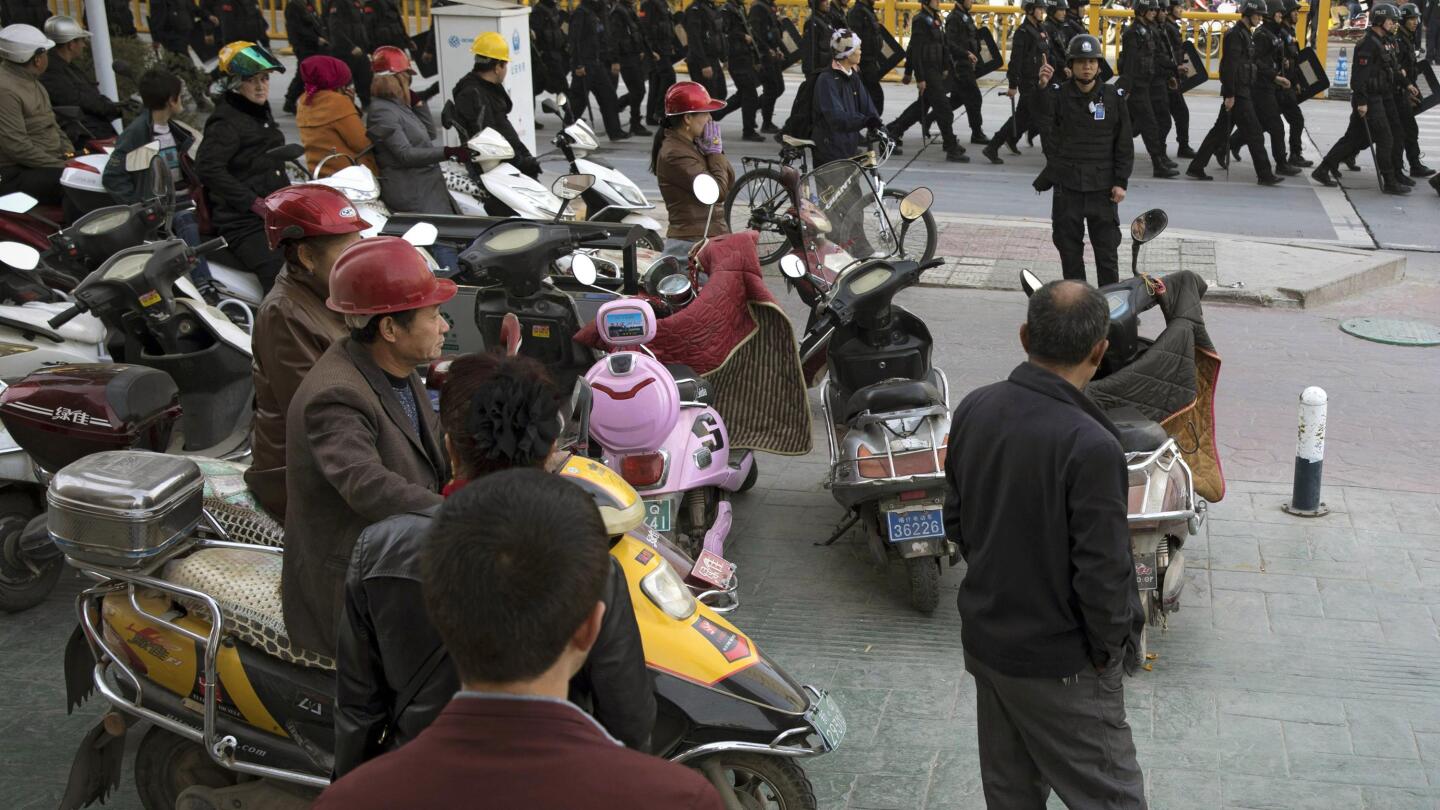
UN cites possible crimes vs. humanity in China’s Xinjiang
Associated Press
UN releases report on possible crimes against humanity in China\'s Xinjiang
Deccan Chronicle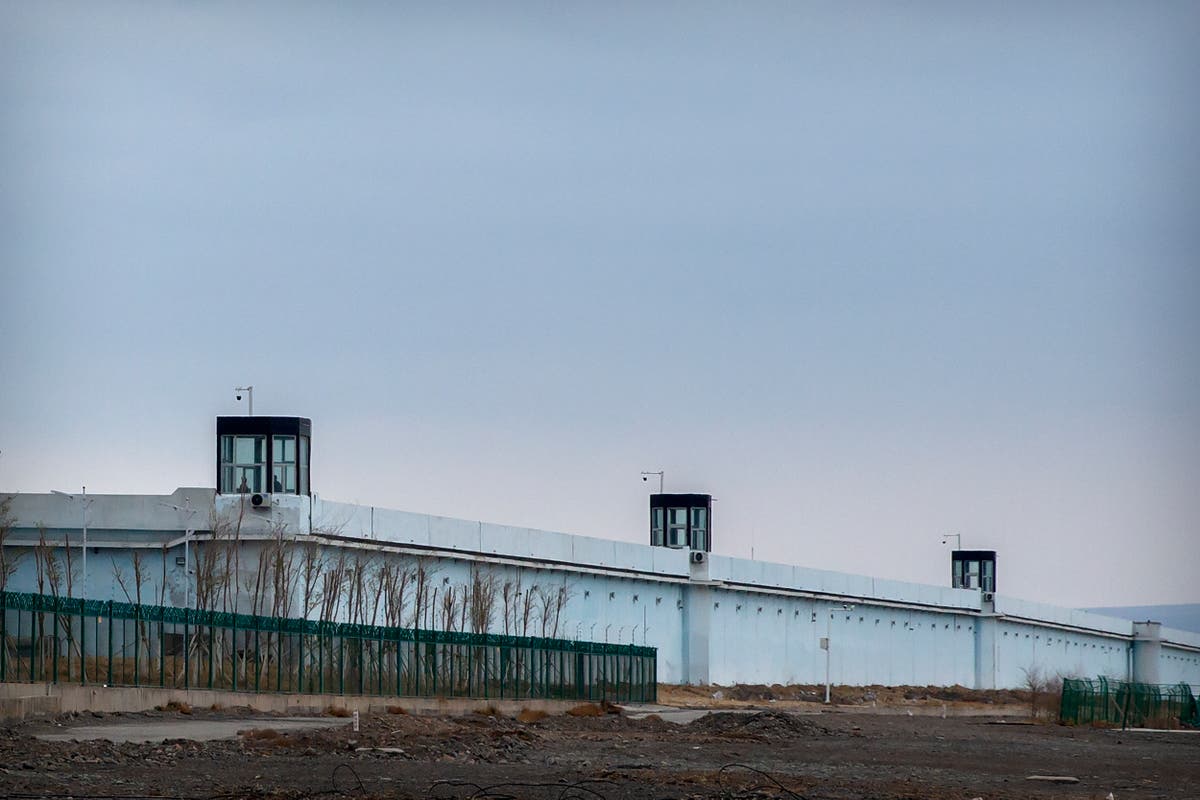
UN cites possible crimes against humanity in China’s Xinjiang
The Independent
Potential ‘crimes against humanity’ in China’s Xinjiang, UN says
Al Jazeera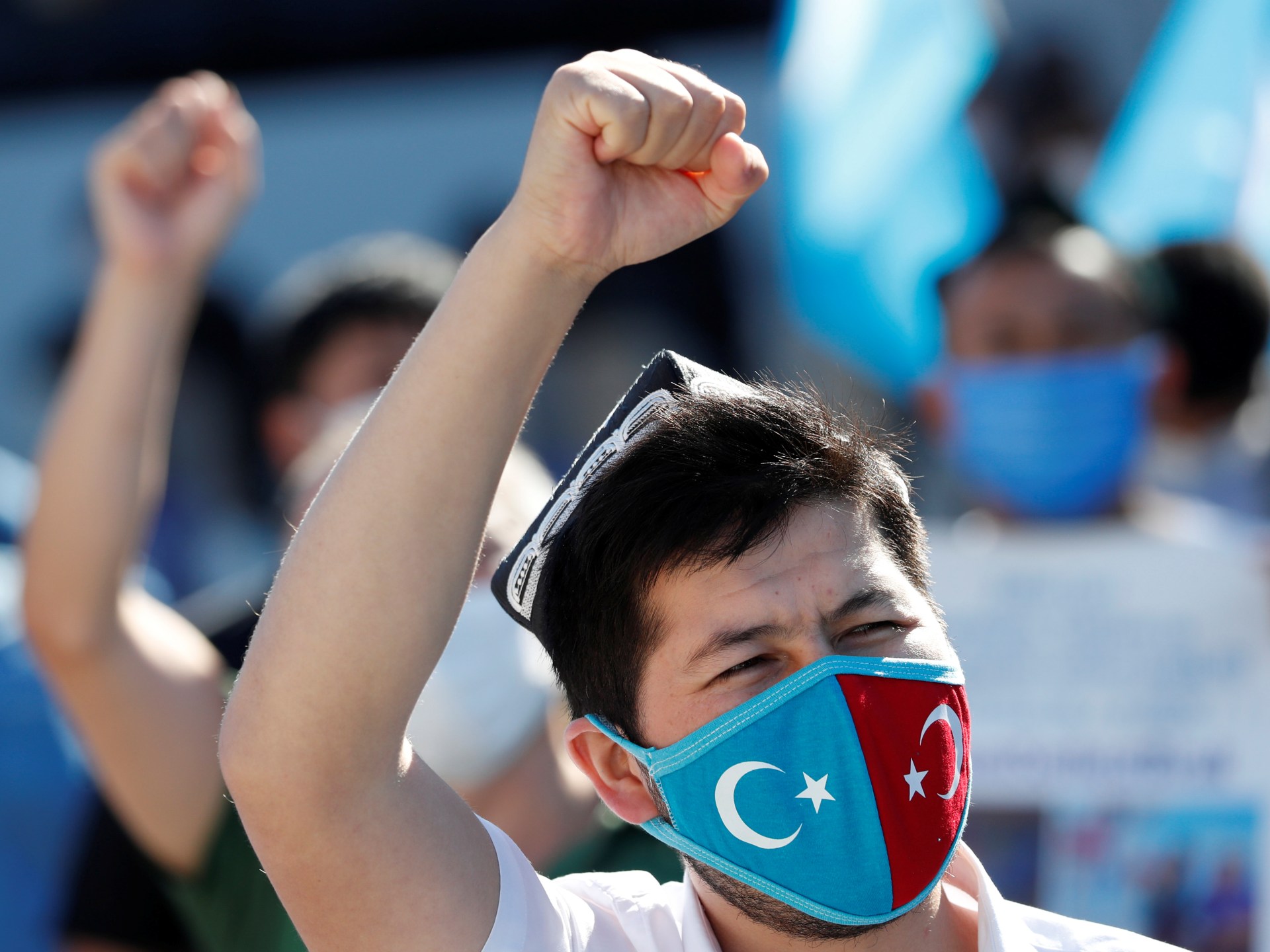
Uighurs demand accountability after UN report on China abuses
Al Jazeera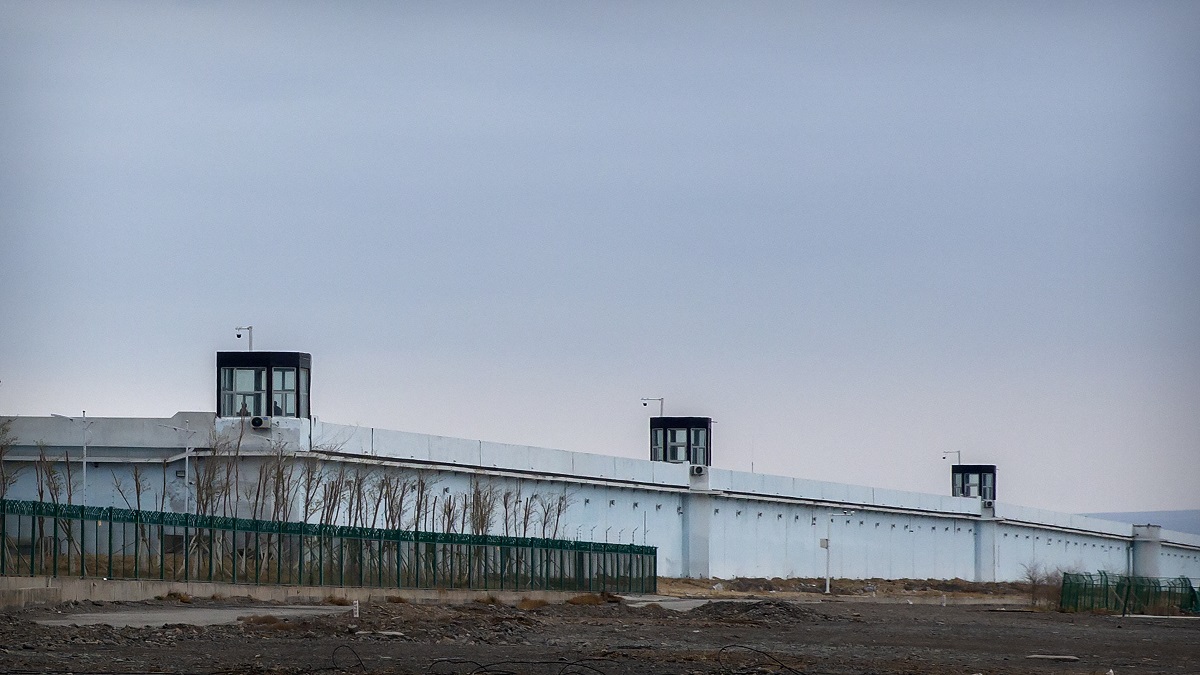
Much awaited UN report on China says possible crimes against humanity in Xinjiang
India TV News
UN, China present opposed reports on Uighurs in Xinjiang
Al JazeeraUnited Nations report on Xinjiang backs fears felt by Australia's Uyghur community
ABC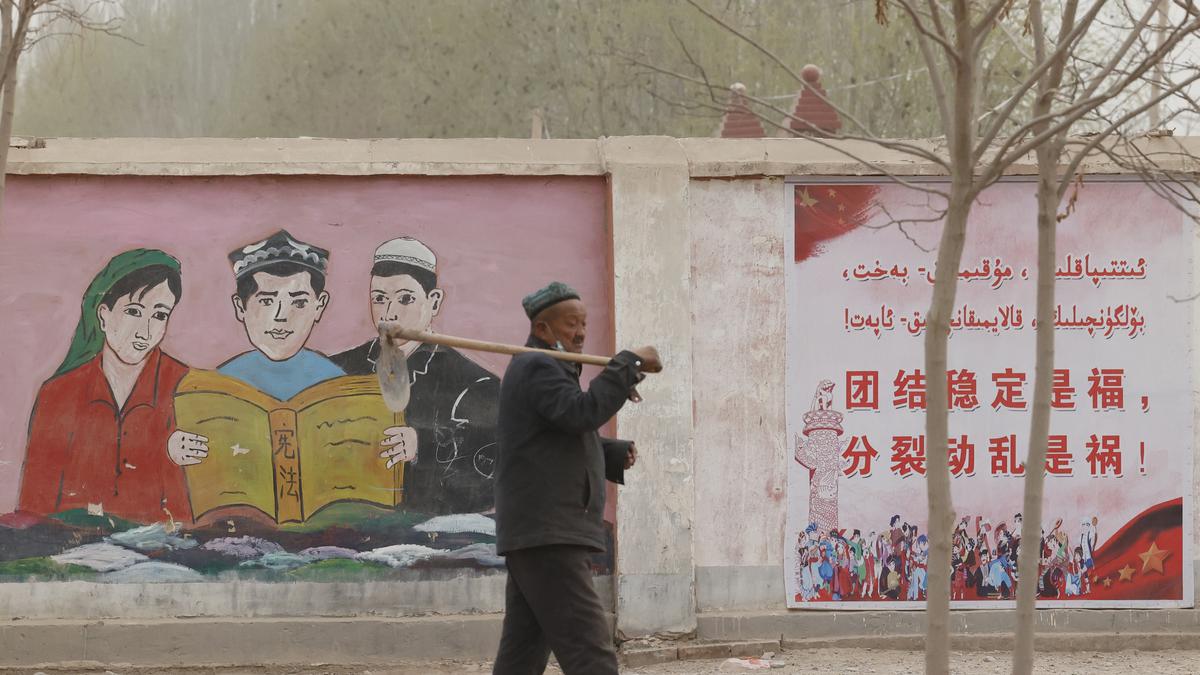
U.N. cites possible crimes against humanity in China's Xinjiang
The Hindu
U.N. cites possible crimes against humanity in China’s detention of Uyghurs in Xinjiang
LA Times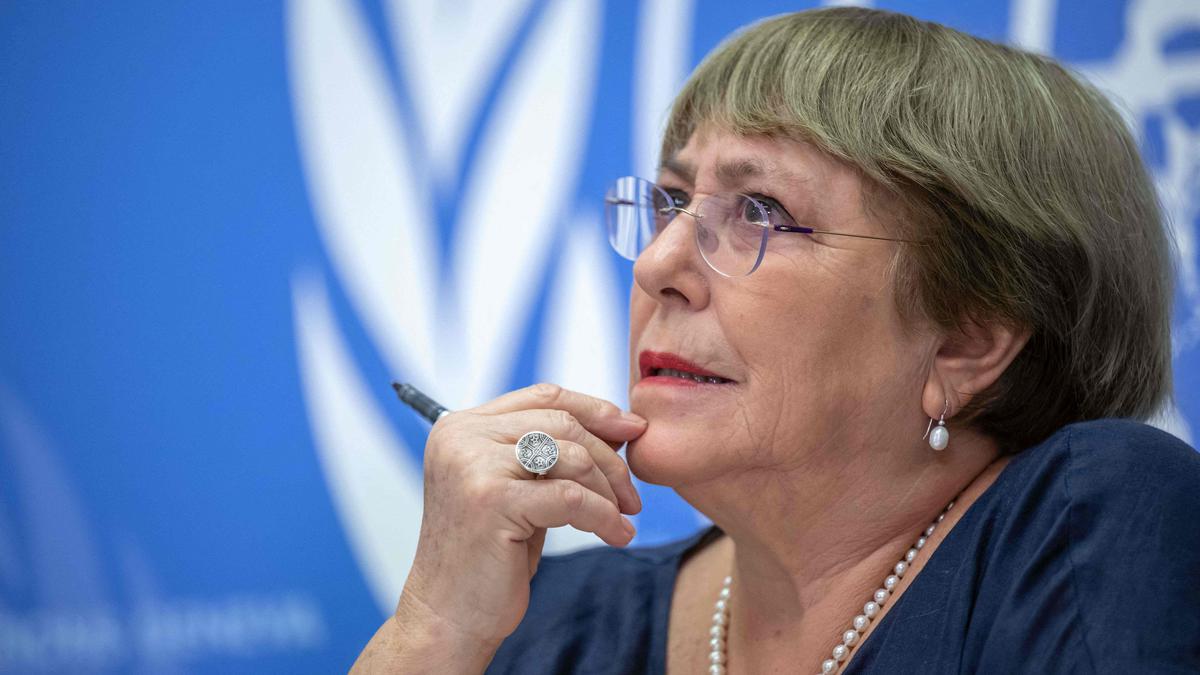
UN rights chief admits 'tremendous pressure' over Xinjiang report
The HinduChina reportedly seeks to stop U.N. rights chief from releasing Xinjiang report
The Hindu
UN rights chief admits she wasn’t allowed to speak to a single current Uyghur detainee during Xinjiang visit
The Independent
Dozens of countries question China at UN over Xinjiang ‘abuses’
Al Jazeera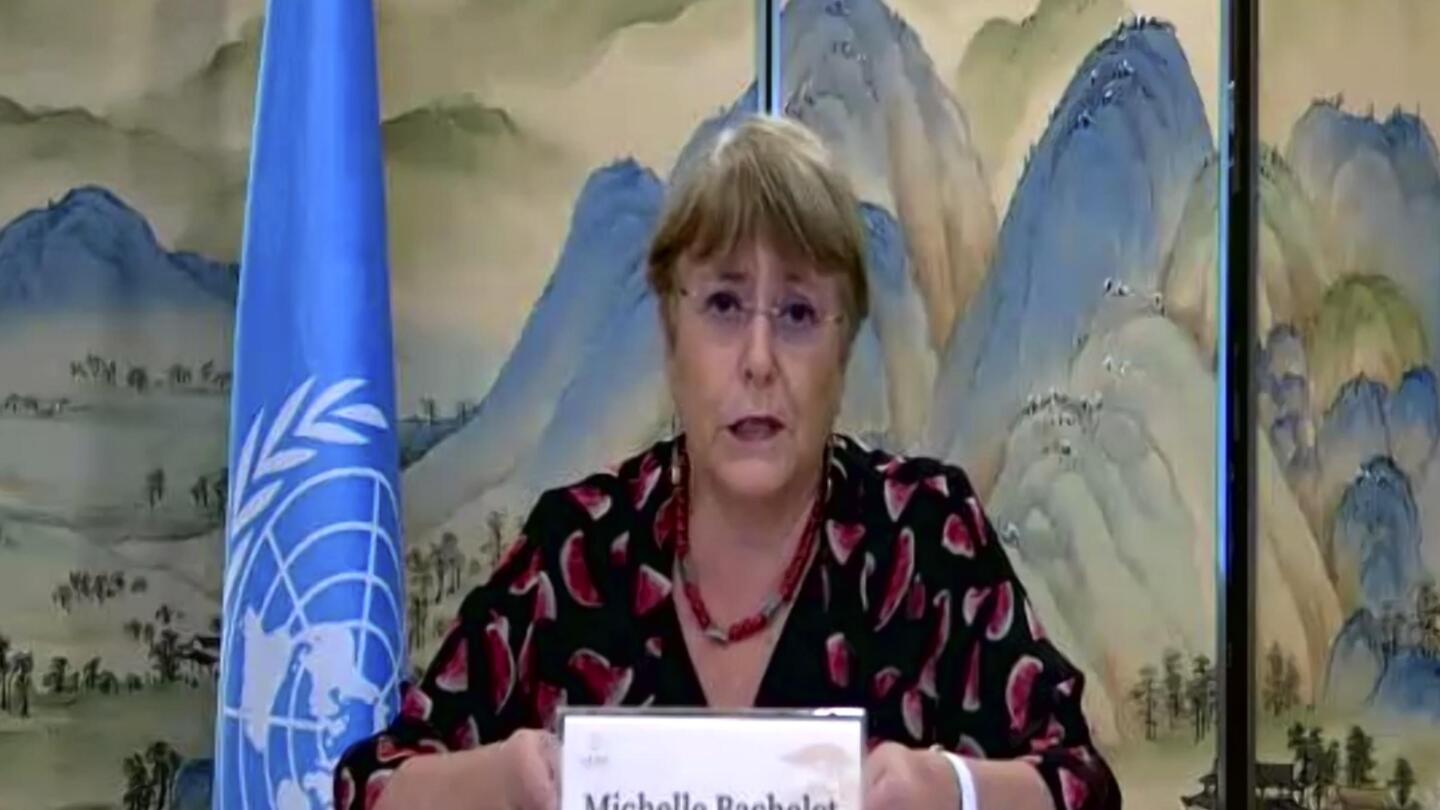
UN human rights chief asks China to rethink Uyghur policies
Associated Press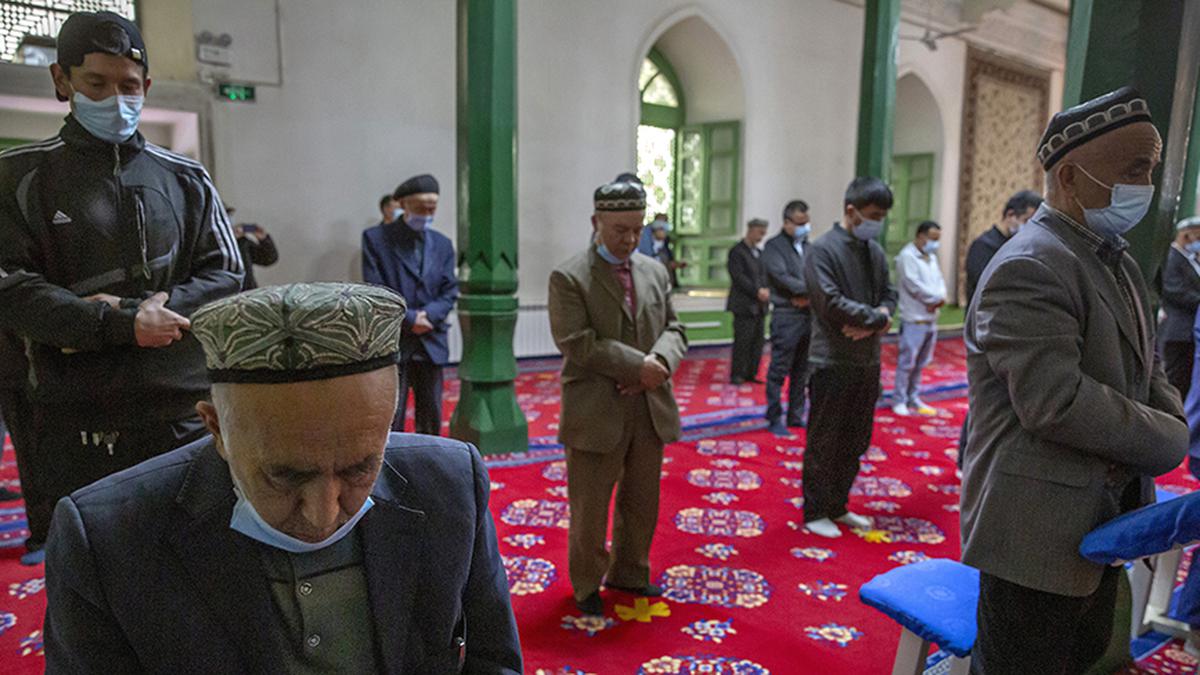
U.N. human rights chief asks China to rethink Uighur policies
The Hindu
UN’s Bachelet says China trip not for a probe, faces criticism
Al Jazeera
No Need for Patronising Lectures, Xi Tells UNHRC Chief as She Heads to Xinjiang to Probe Uygurs Rights Violations
News 18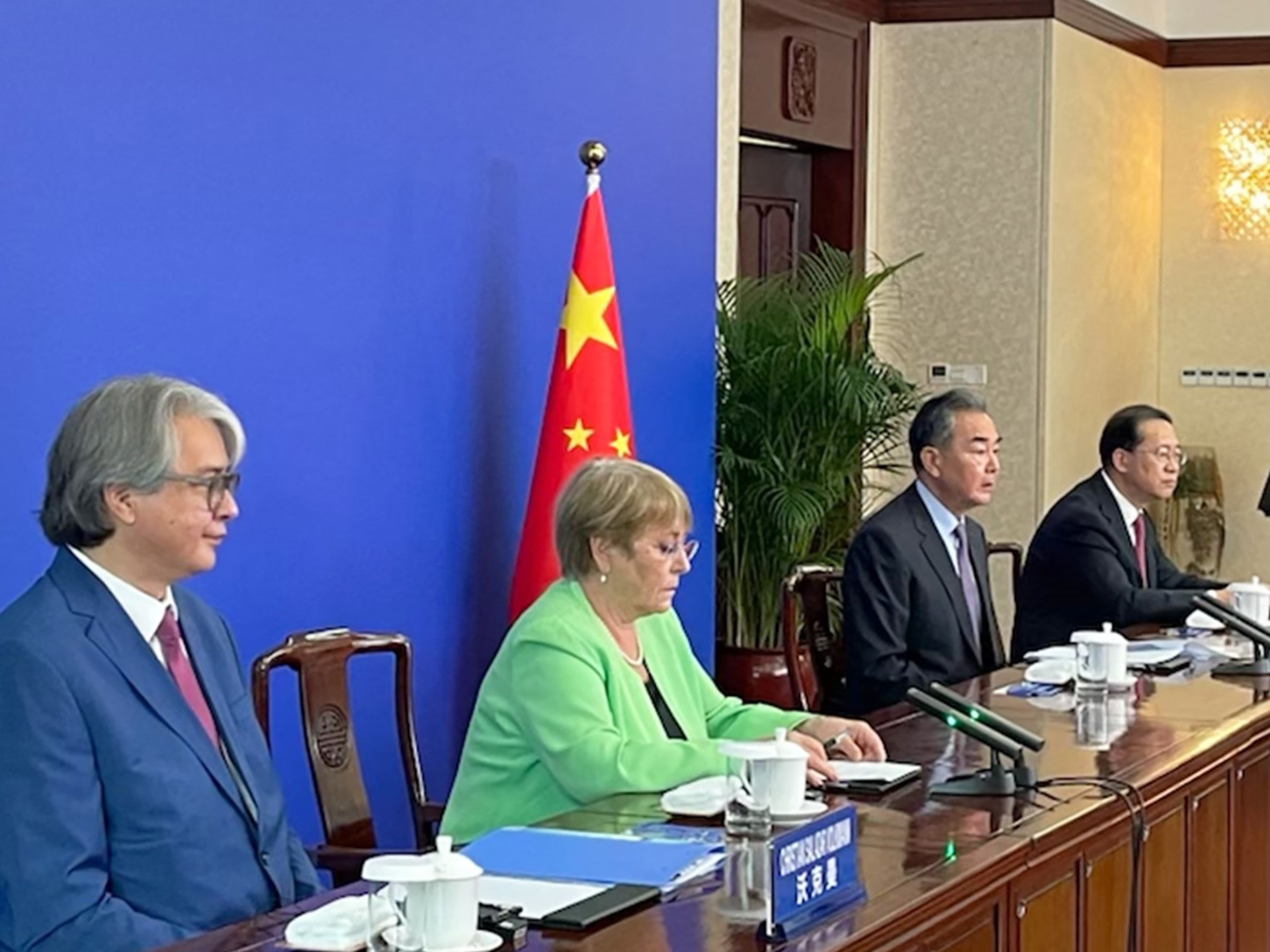
Xi defends China’s record during talks with UN human rights chief
Al Jazeera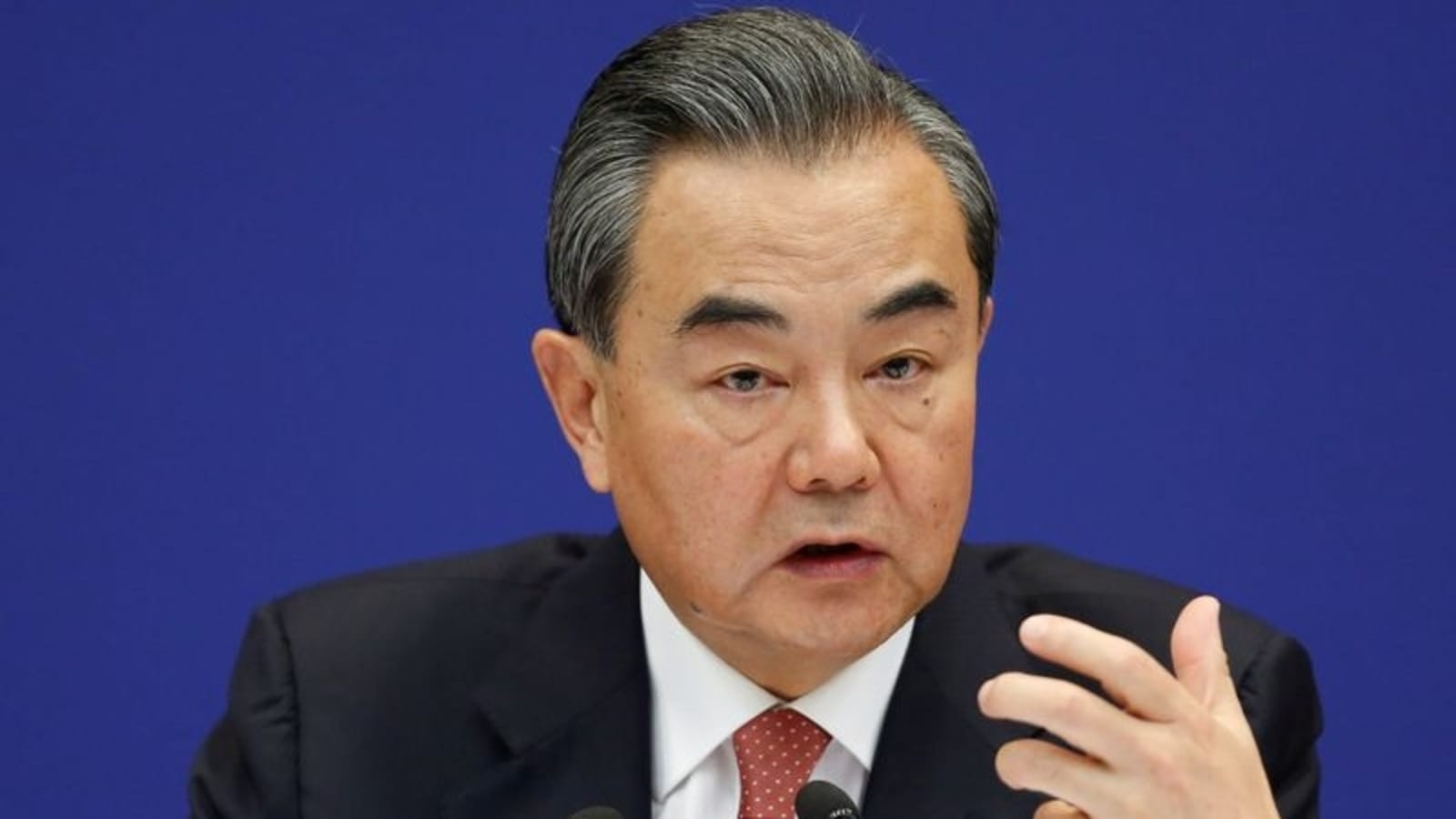
China hopes UN rights chief's visit will ‘clarify misinformation’
Hindustan Times
Xinjiang leak reveals extent of Chinese abuses in Uighur camps
Al Jazeera
What will the UN see as it finally visits China’s Xinjiang?
Al JazeeraXinjiang in focus as U.N. rights chief arrives for China visit
The Hindu
Xinjiang in focus as UN’s Michelle Bachelet visits China
Al Jazeera)
China's crackdown of Muslim minorities under scrutiny ahead of UN human rights chief visit
Firstpost)
‘Failing to stand up for Uyghur community’: US slams UN human rights commissioner for Xinjiang trip
FirstpostUN High Commissioner for Human Rights to visit China's Xinjiang region
ABC
UN Rights Chief to Visit Xinjiang in May as Groups Press for Report
News 18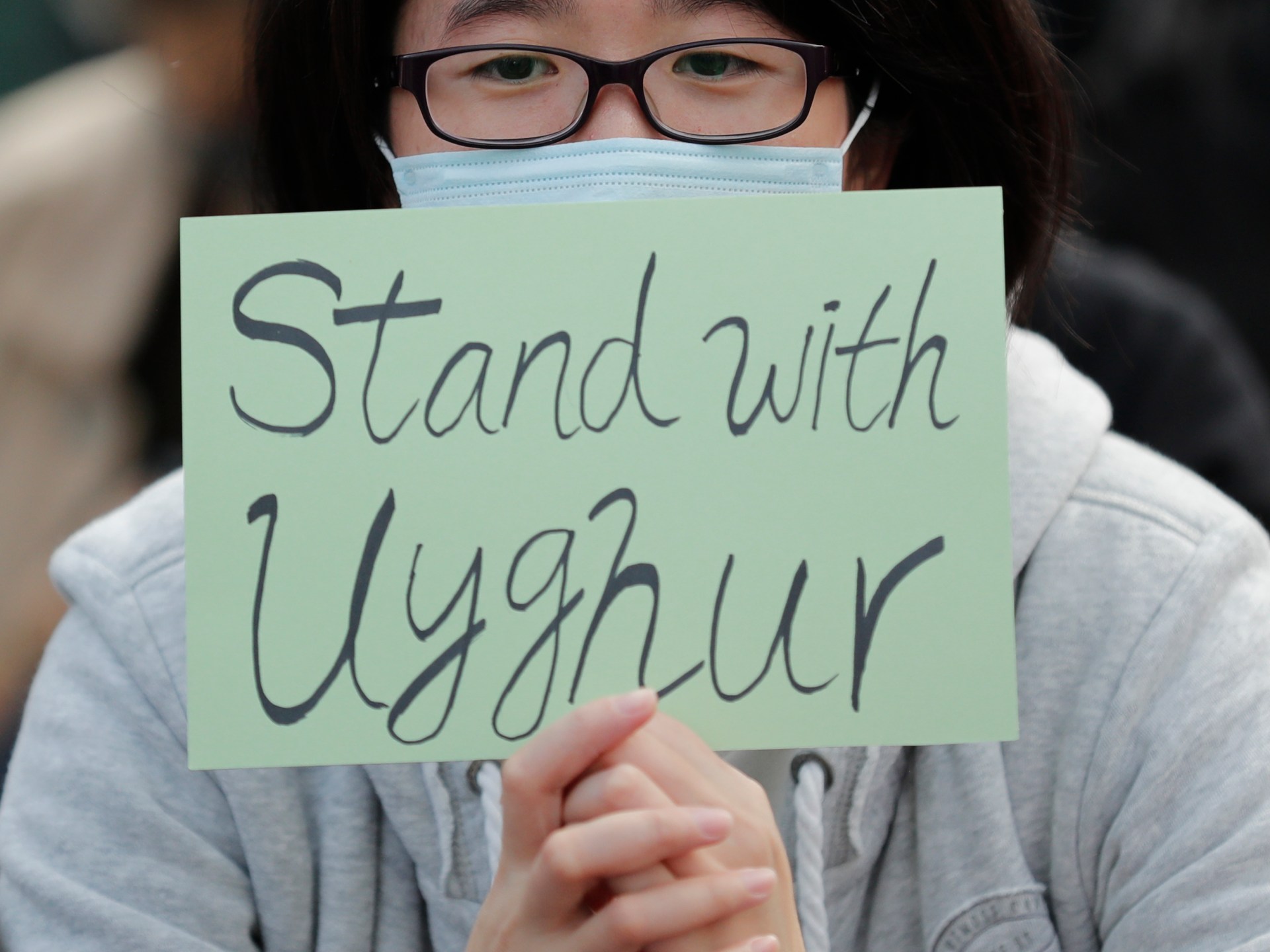
US Holocaust Museum says China ‘may be committing genocide’
Al Jazeera
Bachelet seeks Xinjiang trip amid reports of Uighur persecution
Al Jazeera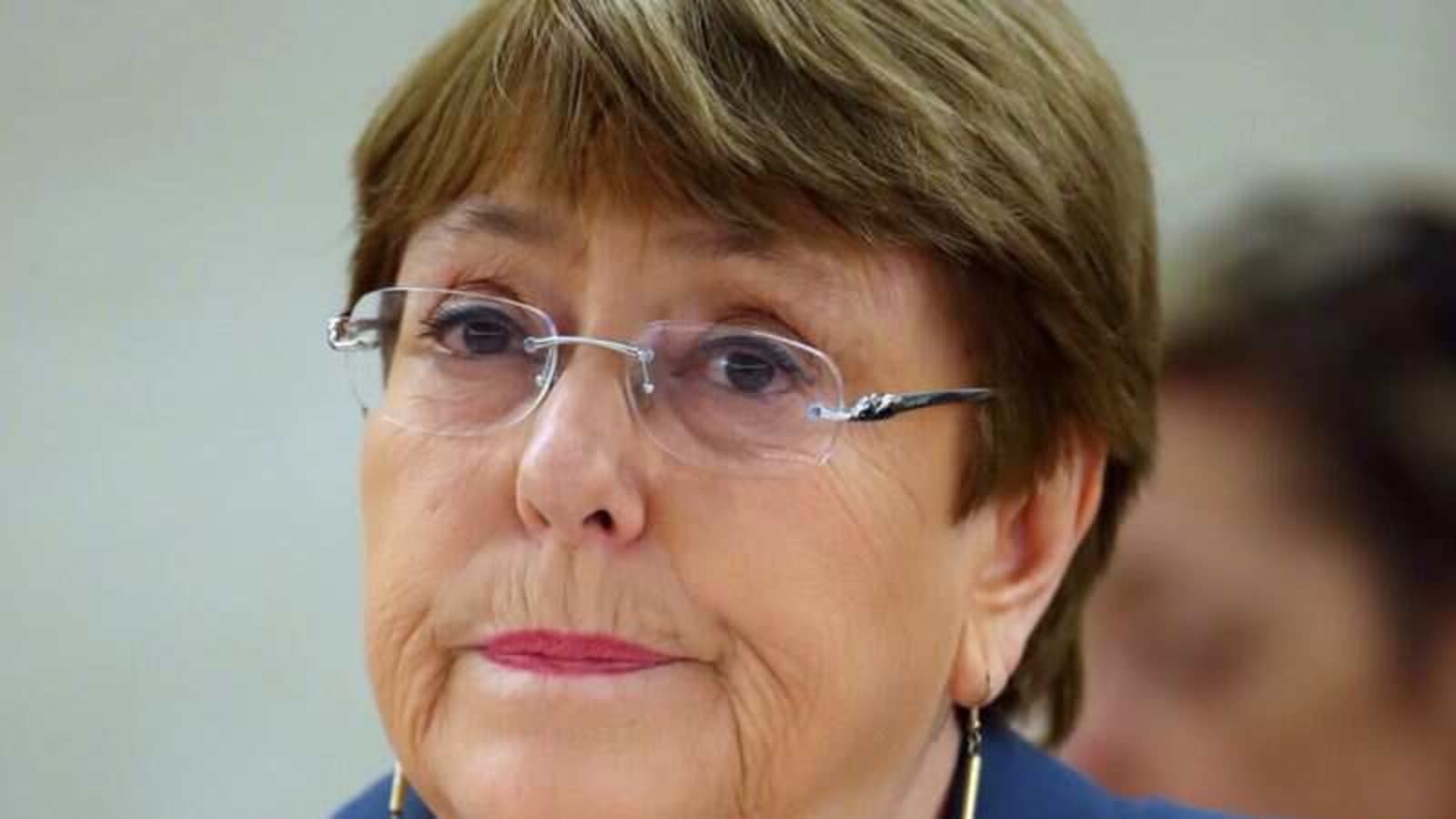
Bachelet reports arbitrary detention, sexual violence in Xinjiang area of China
Hindustan Times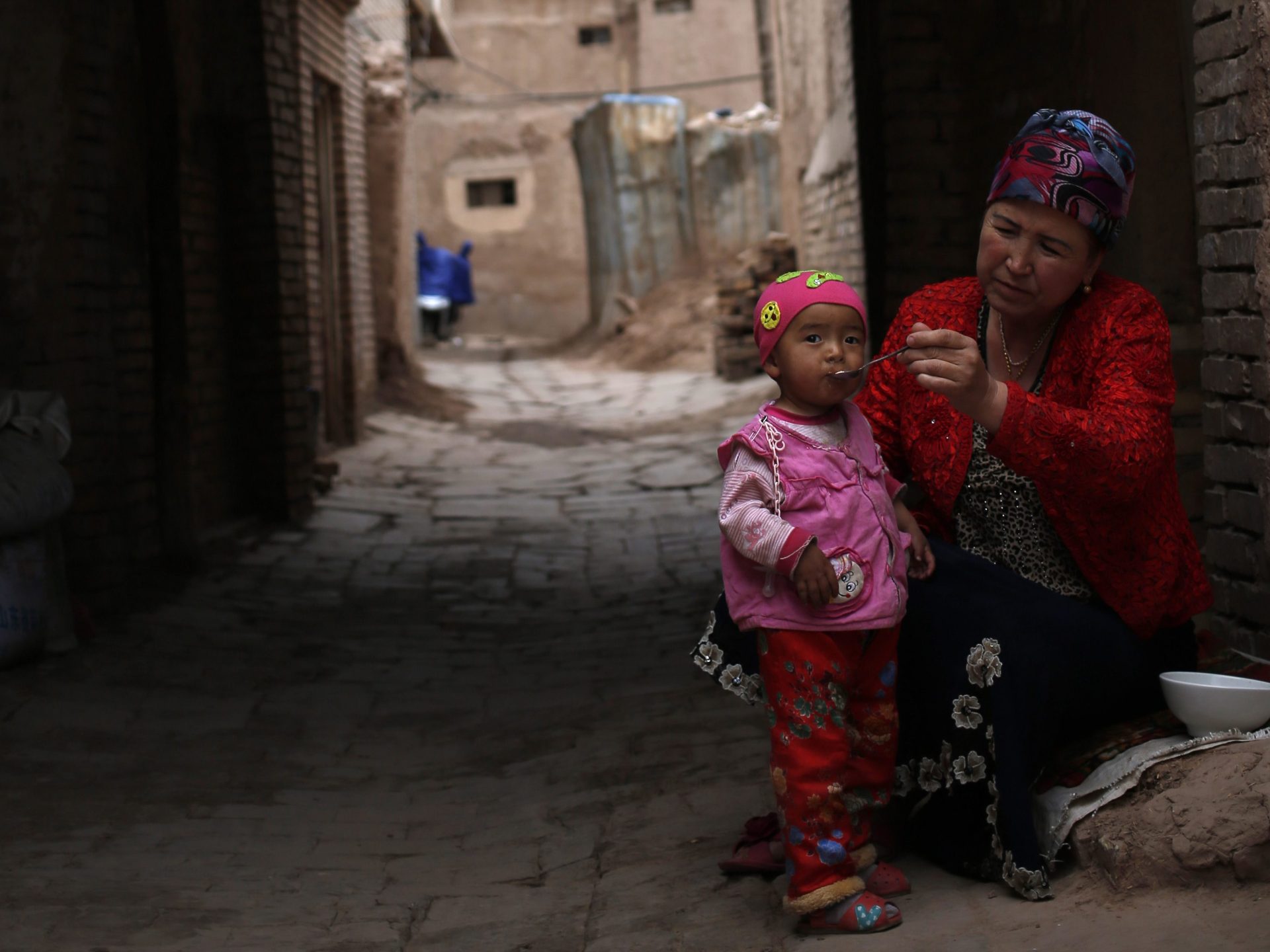
UN rights chief decries abuses in Xinjiang, arrests in Hong Kong
Al Jazeera
China rejects Uighurs genocide charge, invites UN’s rights chief
Al JazeeraDiscover Related
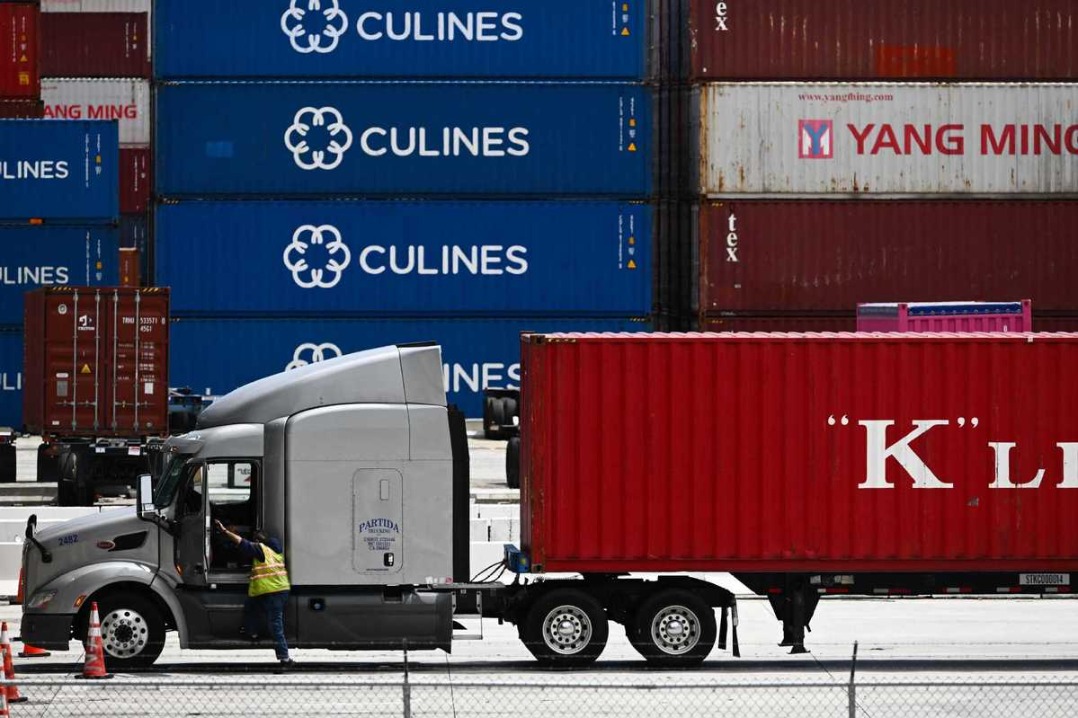

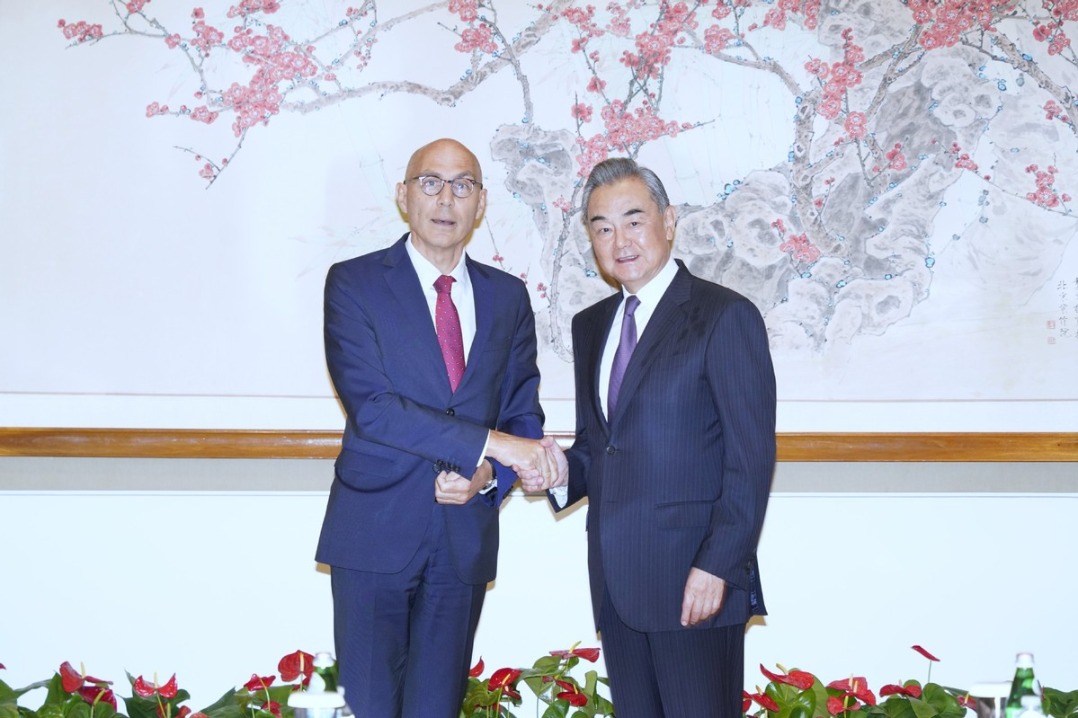
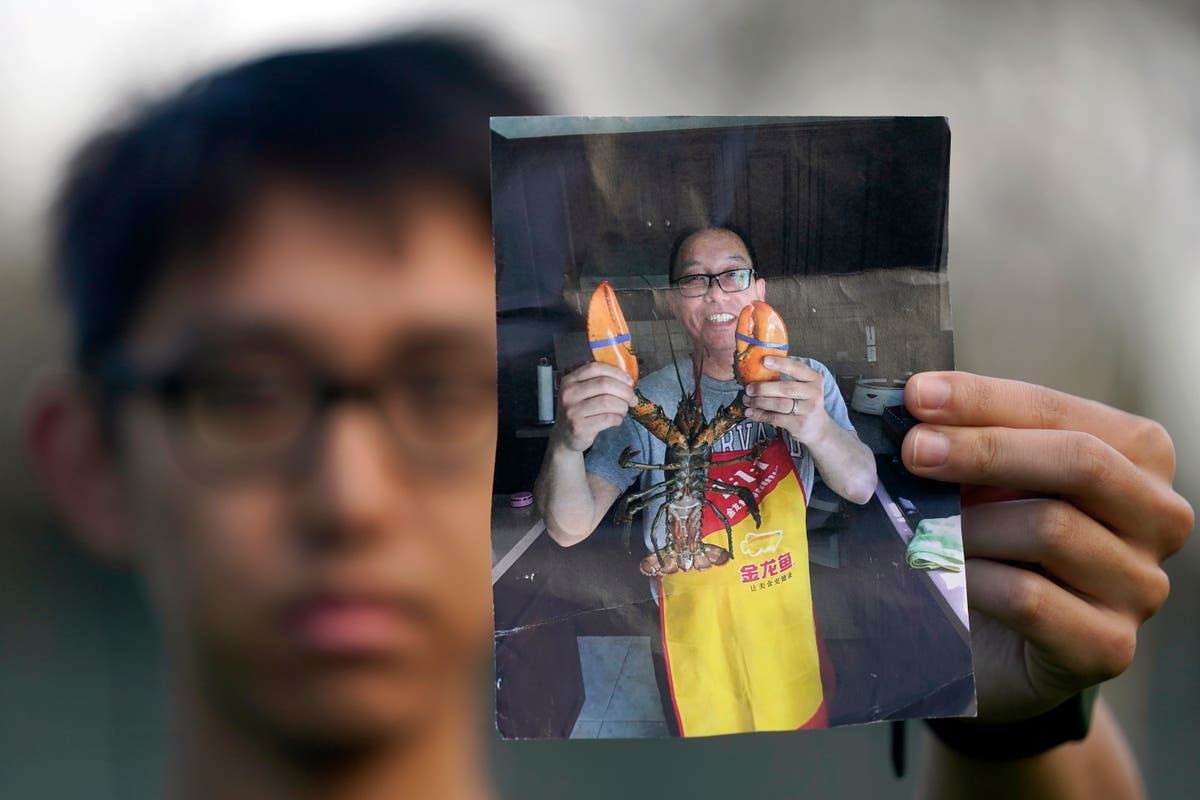


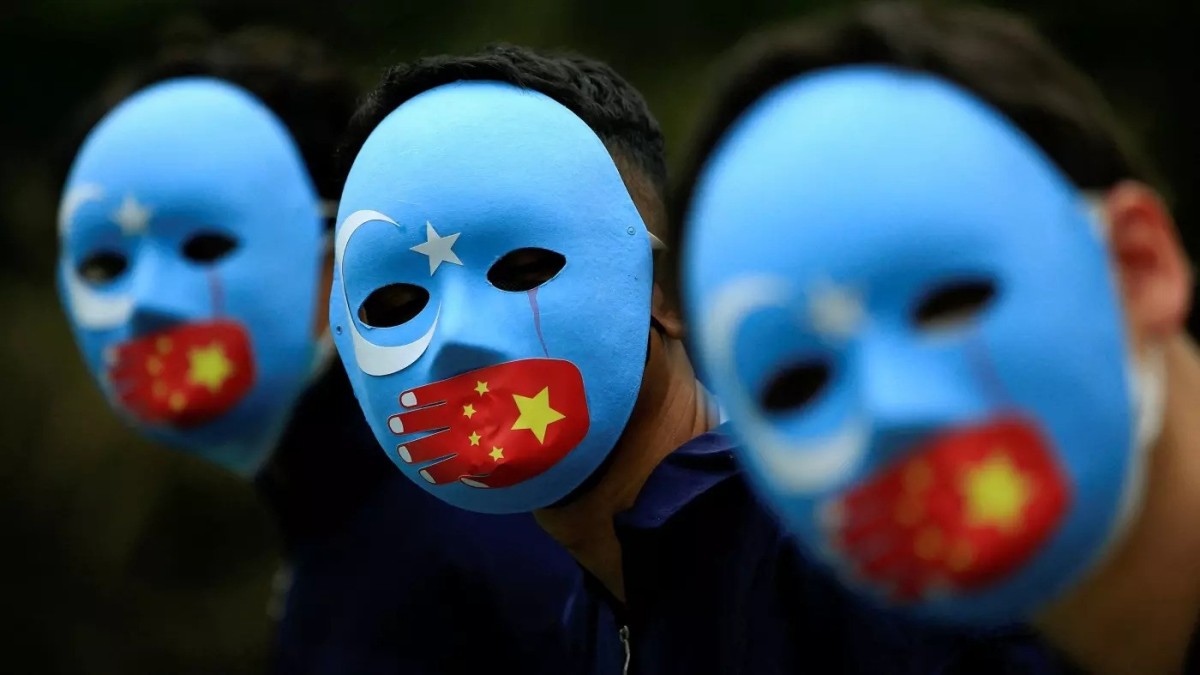)

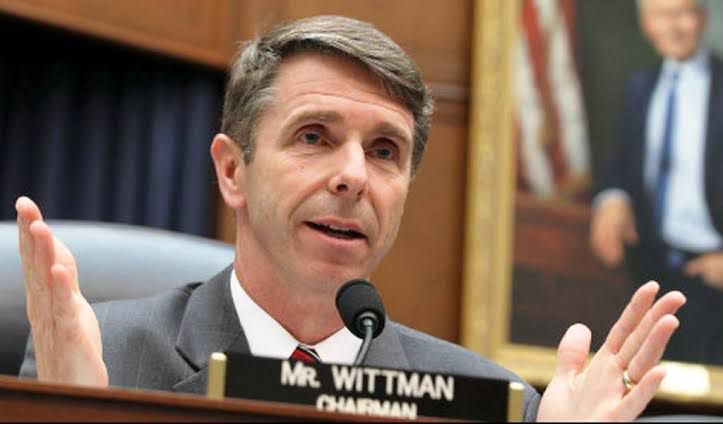

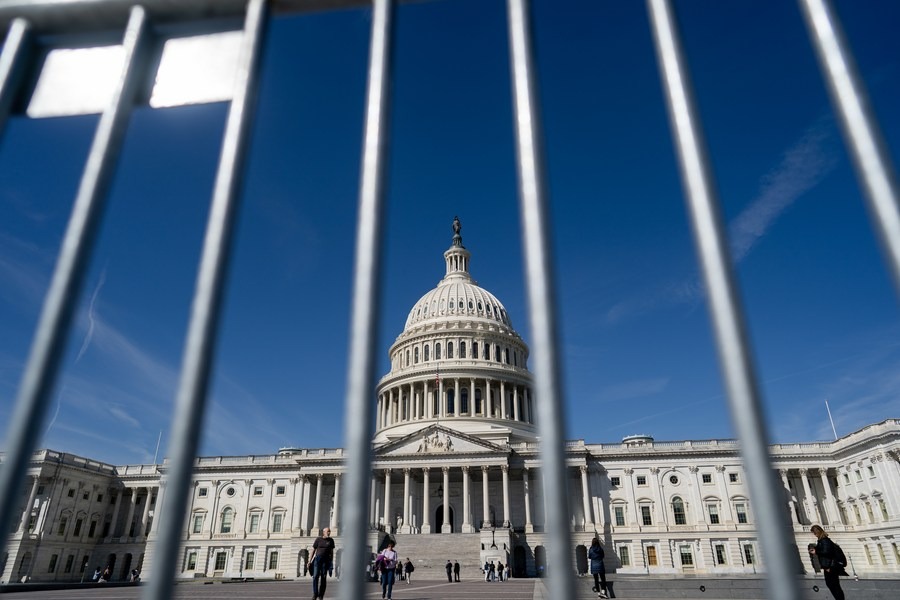
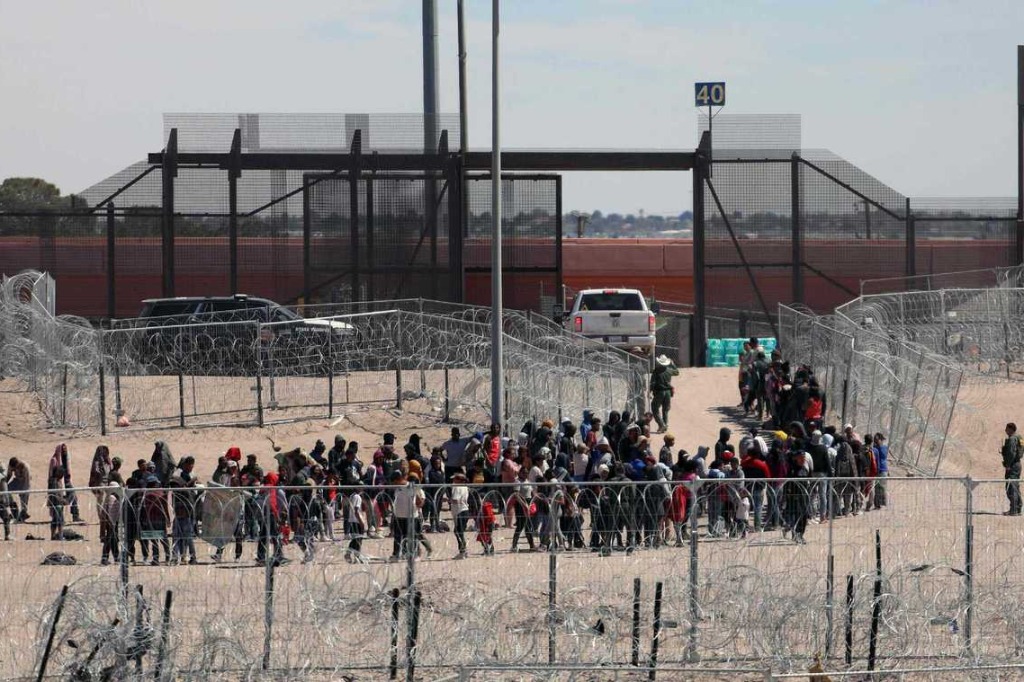



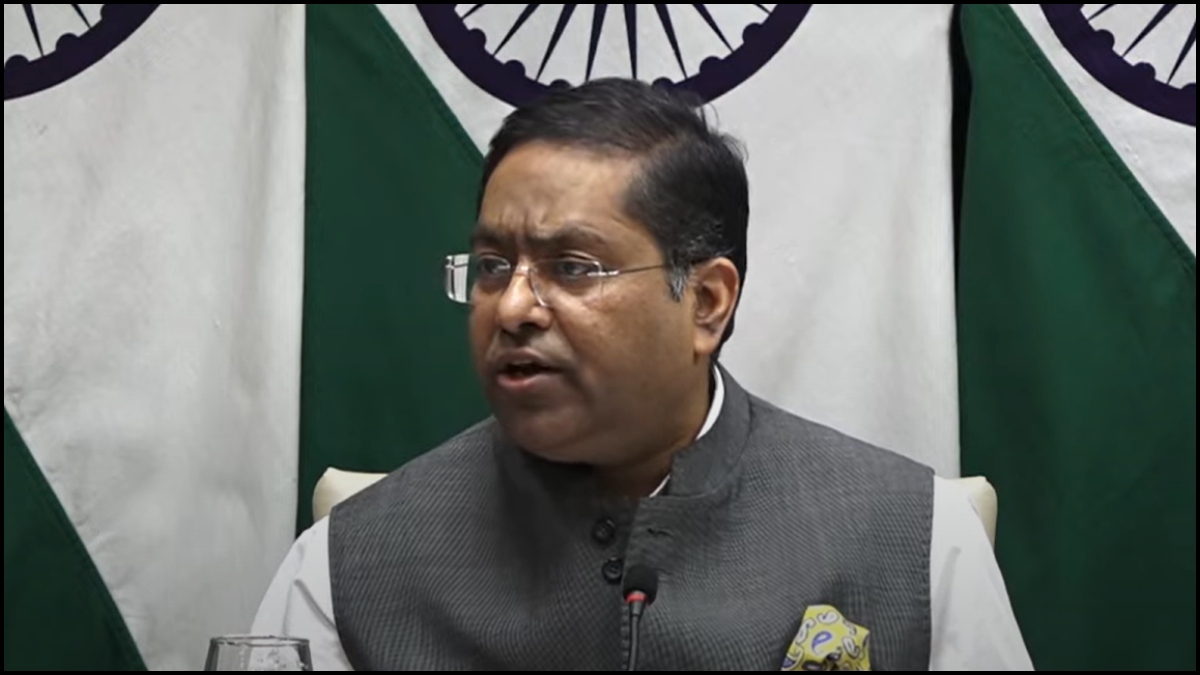
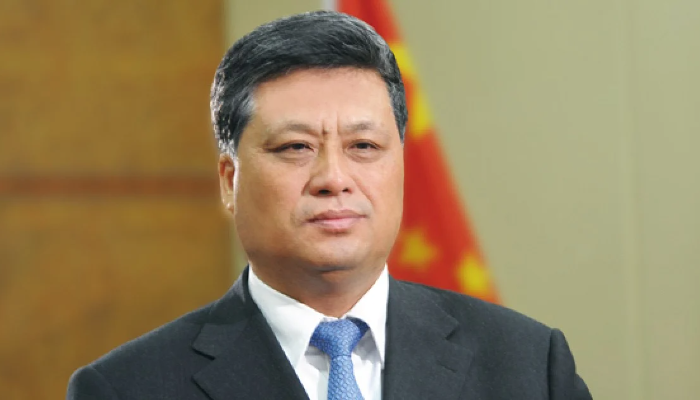
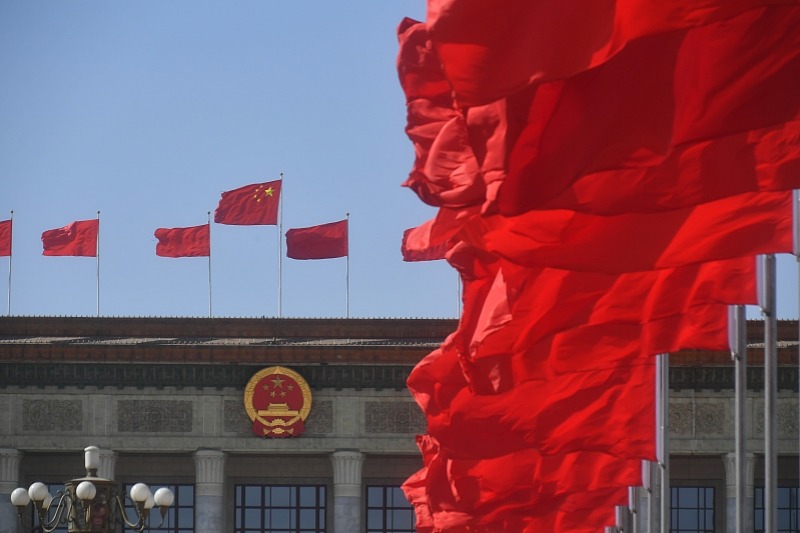

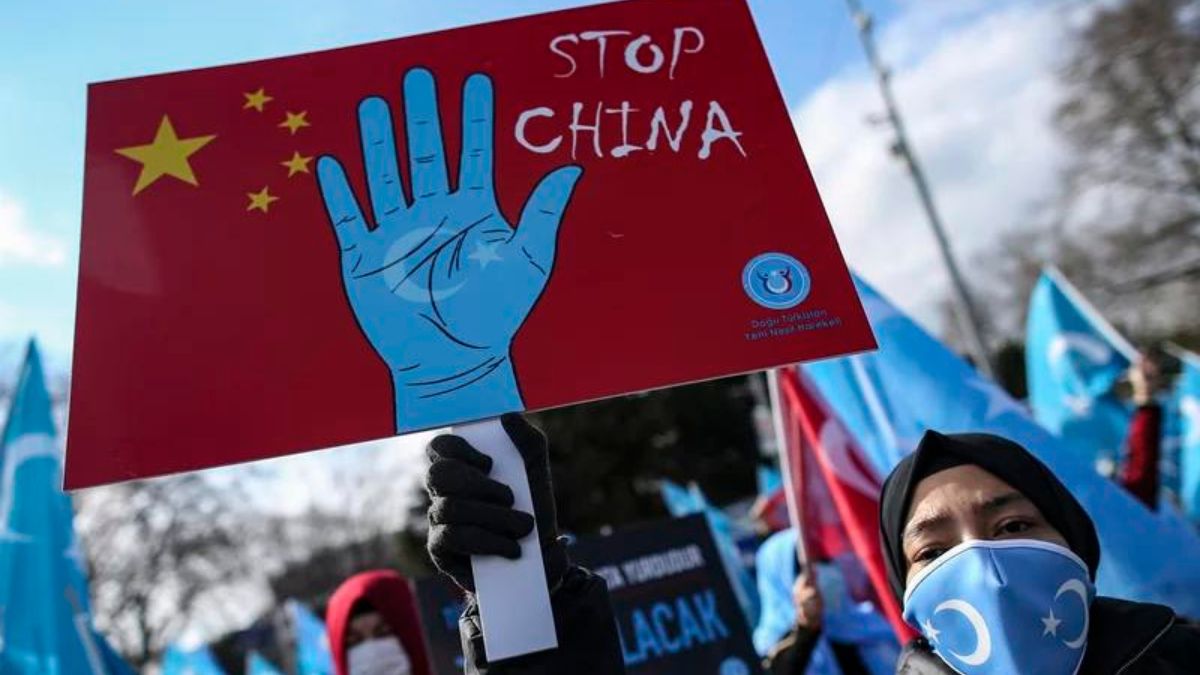
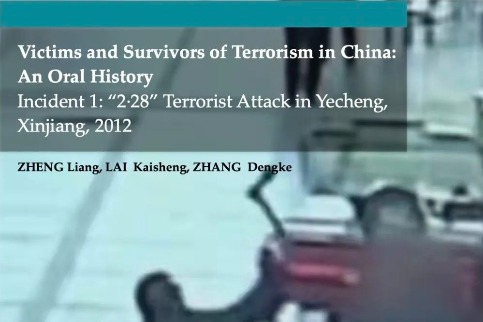
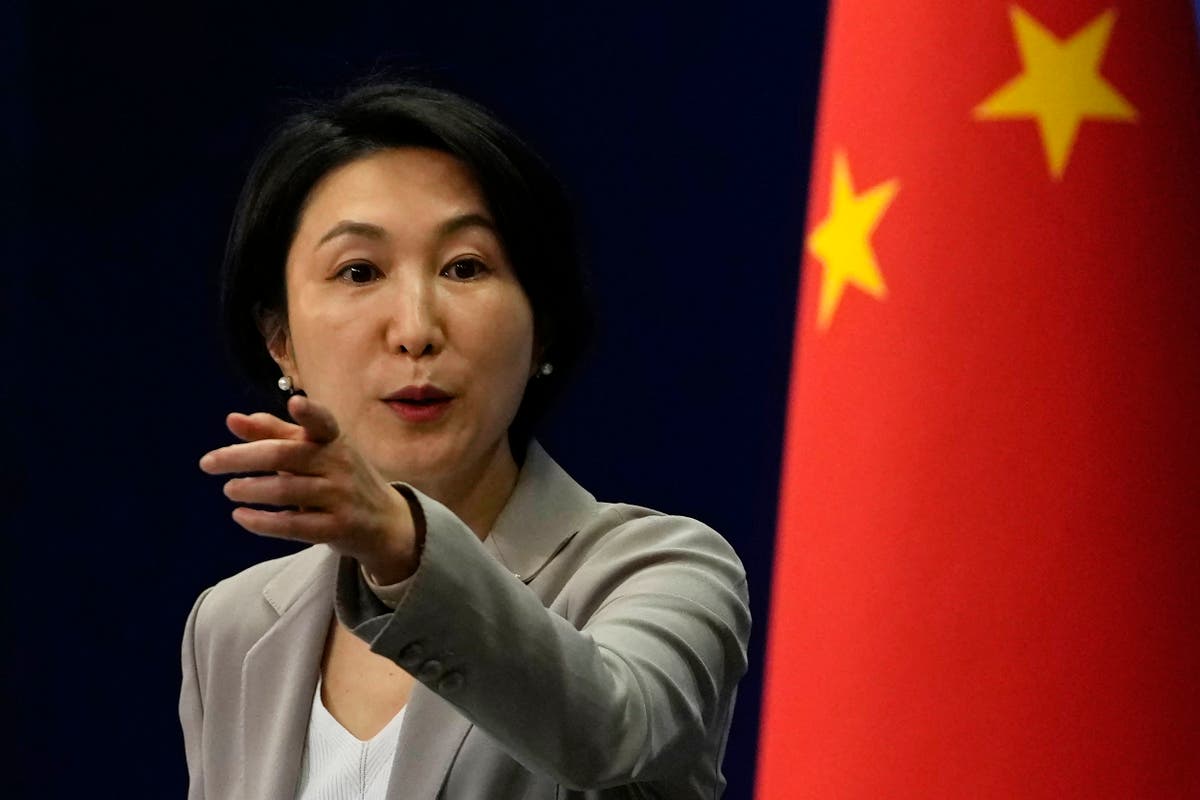
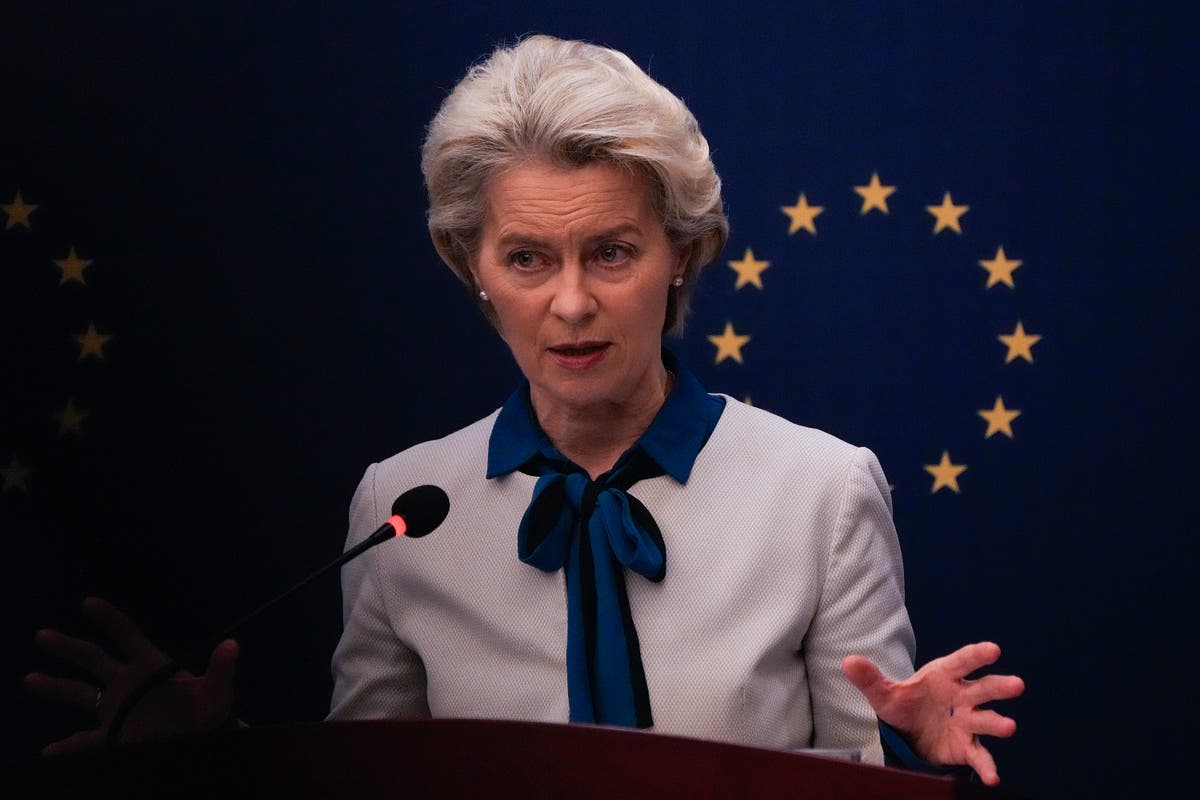


)


)

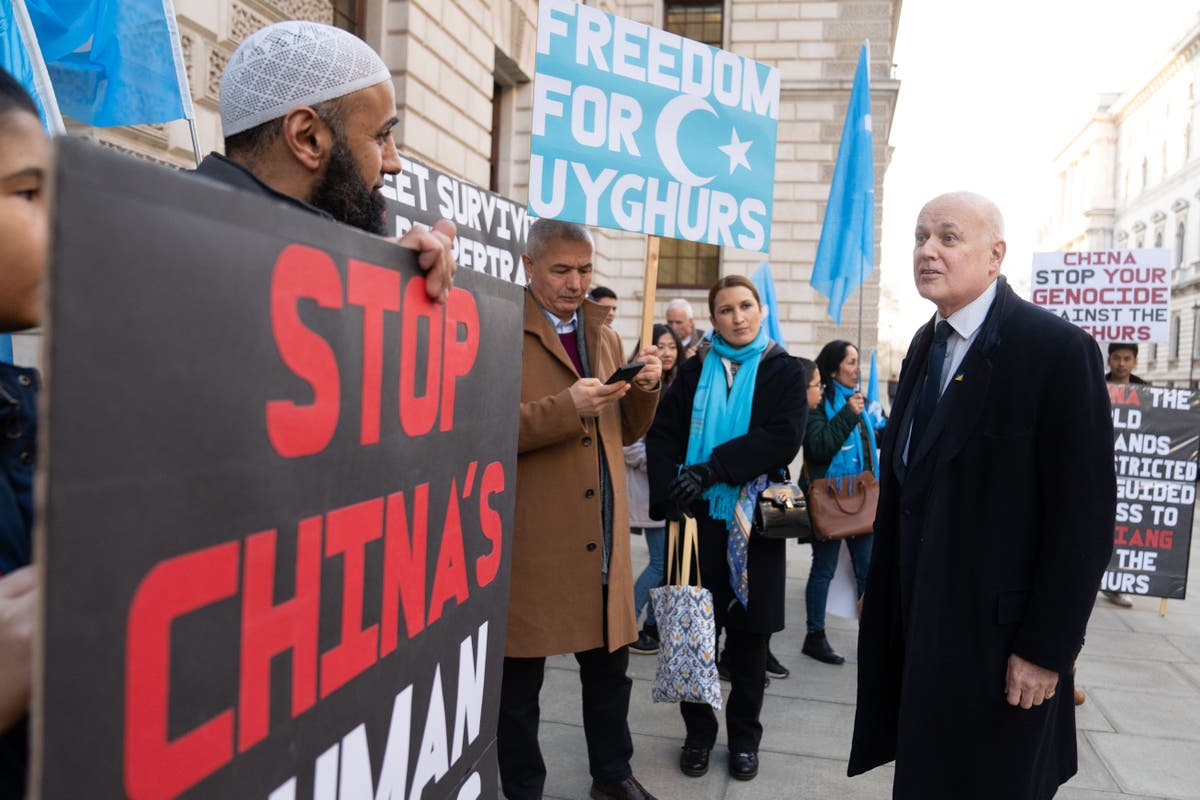

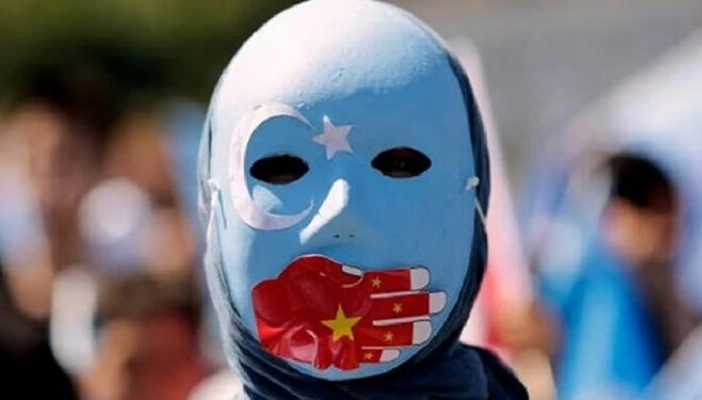
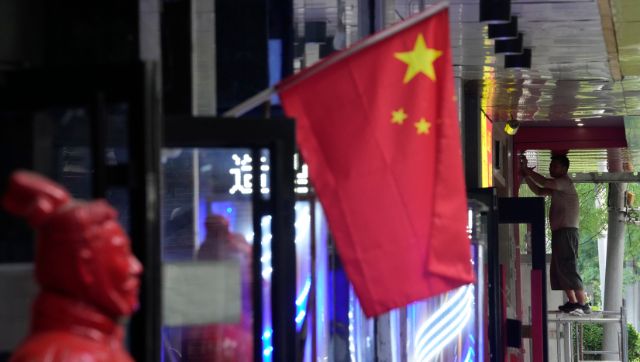)



